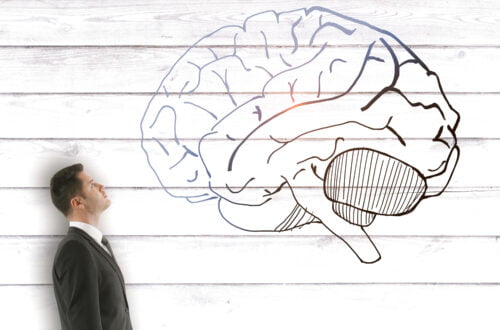6 Practical Tips For Everyday Healthy Eating
Maintaining a healthy diet can seem daunting, especially in today’s fast-paced world, where processed and convenience foods are readily available. You are not alone if you feel overwhelmed by the conflicting information about what to eat and avoid or tired of the several dietary programs that promise quick results yet leave you unsatisfied and deprived. A recent US study shows that over 70% of adults have poor dietary habits leading to many preventable chronic diseases. Fortunately, this posts highlights six practical tips for eating healthier every day.

Healthy Eatning Means Embrace Meal Planning
Planning your meals ahead of time is one of the best approaches to eating healthier. It can help you avoid last-minute runs for fast food or impulsive snacking. Plan your meals to properly control your portions and ensure you get a reasonable supplement blend. Several surveys have shown that individuals who plan their dinners are likelier to eat healthier than those who don’t. Planning your meals can also spare you time and cash. You can ensure you consume nutritious, delicious food that fits your spending plan.
Add More Fruits and Veggies for Healthy Eating
Consuming an array of fresh fruits and vegetables is widely known to be a crucial part of a healthy diet. Packed with an assortment of vitamins, minerals, and fiber, adding these nutrient-rich foods to your diet can help diminish the chance of serious ailments like diabetes, heart disease, and a few cancers. Enjoying various fruits and vegetables is vital, aiding in healthy digestion, immunological functioning, and reducing inflammation. You may include fruits and vegetables in meals and snacks to improve overall health and vitality.
Consume Less Sugary and Processed Foods
Generally, processed and sugary foods are high in calories and low in supplements. They can increase weight gain and your risk of chronic ailments like diabetes and coronary illness. A survey by the American Heart Association revealed that the regular American adult consumes about 77 grams of added sugar daily, more than twofold the prescribed limit. You may swap your sugary snacks for natural products or nuts and choose whole foods over processed ones. Limiting your processed and sugar food intake is good for eating healthy and safeguarding your well-being.
Keep Yourself Hydrated
Consuming adequate water can be a key factor in eating healthier. Aside from assisting with keeping your body hydrated, water can likewise help with managing weight and digestion. By drinking enough water every day, you may be less disposed to nibble or overindulge. Research by the Journal of Human Nutrition and Dietetics reveals that people who drink water before meals consume fewer calories than those who don’t. Besides, drinking water may help flush toxins from your body and help with your skin health. Aim for at least eight glasses of water daily, and more if you’re active or live in a hot climate. Adding a lot of water into your daily schedule can also help reduce your intake of sugary beverages like soda and juice.
Be Mindful of What You Eat
Maintaining a sound eating routine is vital; one of the best ways to do this is to examine what you eat. For instance, investigating Nutrition Facts labels can give significant data about the serving size, calorie check, source of the product, and sometimes how it was produced. By surveying these labels, you can settle on educated choices about what to eat and guarantee that you meet your dietary needs. Unsurprisingly, consumers are becoming increasingly aware of food sourcing and production. You might want to consider companies like Juice Plus if you want food products sourced from high-quality, fresh farms to guarantee nutritional integrity. The more mindful you are of what you eat, the more likely you are to accomplish your well-being objectives.
Healthy Eating Means You Avoid Skipping Meals
Skipping meals may seem quick and easy to lose weight, but it can harm your efforts to eat healthier. When you skip meals, your body can go into starvation mode, slowing your metabolism and making it harder to burn calories effectively. Additionally, skipping meals can lead to overeating later in the day, as your body craves the calories and nutrients it missed earlier. That leads to guilt and self-sabotage, further impeding your progress toward a healthier lifestyle. Fueling your body with nutritious meals and snacks throughout the day is necessary to maintain energy levels and support overall health and well-being.
Final Thoughts on Everday Healthy Eating
Eating a healthy diet doesn’t have to be complicated. By following these simple tips, you can make small changes to your eating habits that greatly impact your overall health. So, plan your meals, eat more fruits and vegetables, choose whole grains, limit sugary and processed foods, drink plenty of water, practice mindful eating, and don’t skip meals.







One Comment
Pingback: